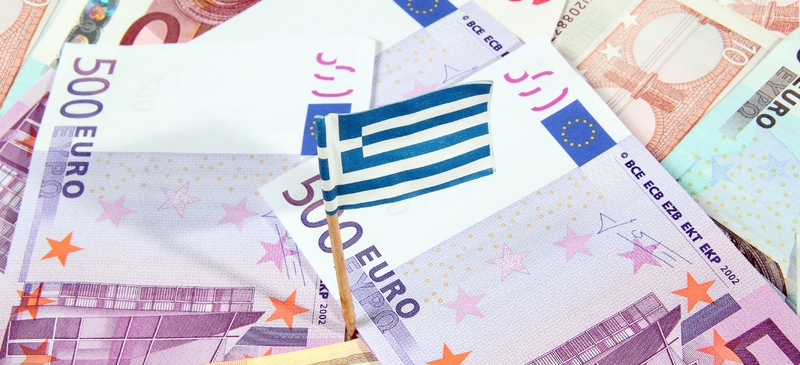
Greece: Nowhere to hide
by Simon Tilford
The Greek economy is on a very dangerous course. Unless the government takes steps to boost productivity and strengthen public finances, Greece faces a bleak future. Many Greeks appear to believe that membership of the euro insulates their country from the threat of financial crisis. This is mistaken. Membership may free the country from the threat of a currency crisis, but not from a fiscal crisis.
Eurozone membership requires considerable discipline. The reason is obvious. A country that loses trade competitiveness within the currency union can only regain it by ensuring its costs rise less quickly than the rest of the eurozone. In short, it must engineer a real depreciation within economic and monetary union (EMU). It cannot rely on devaluation to restore competitiveness.
Costs can be held down by wage freezes, although this risks depressing domestic demand and exacerbating the weakness of the fiscal position. Only stronger productivity offers the chance of regaining competitiveness without hitting domestic demand and bringing on a fiscal crisis. Higher productivity requires reforms of labour markets and the opening of the domestic economy to more competition.
Greece only has a small window of opportunity. The government deficit is on course to exceed 8% of GDP this year – this despite the Greek economy having only just entered recession. With the economy set to contract next year and stagnate the following year, the debt to GDP ratio will rise dramatically. The IMF estimates that it will jump to 134% by 2014. In reality, it looks like being much higher than this. And once the deficit reaches such a level it is hard to prevent it rising further because of the rising burden of interest payments.
Greece cannot finance deficits of this size domestically. It has to attract funding from abroad. This will become increasingly difficult if investors believe that the economy will be stuck in a cycle of very weak economic growth and rising public debt. Investors will lose faith in the ability of the Greek government to service its debts.
Many Greeks appear to believe that the eurozone as a whole would step in to prevent a debt crisis. They are probably right, but this would not be cost free. Assistance would be provided only in return for a commitment to reform the economy and cut public spending. It would make much more sense to take steps now rather than having to take more painful steps later.
The election result suggests that there is little stomach for reform in Greece. But Greece has no choice but to reform. Delay will only make the eventual medicine more bitter.
Simon Tilford is chief economist at the Centre for European Reform.
